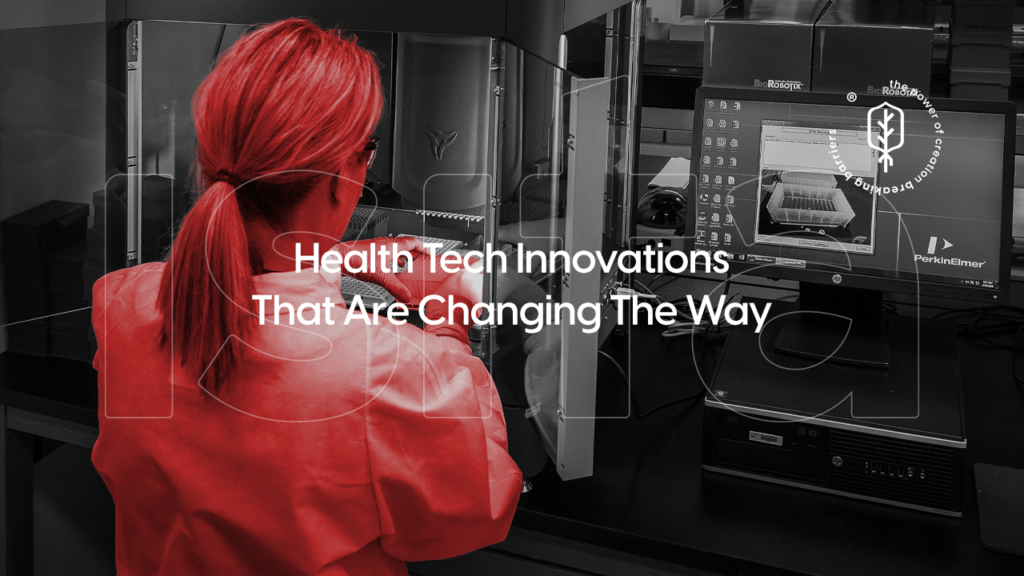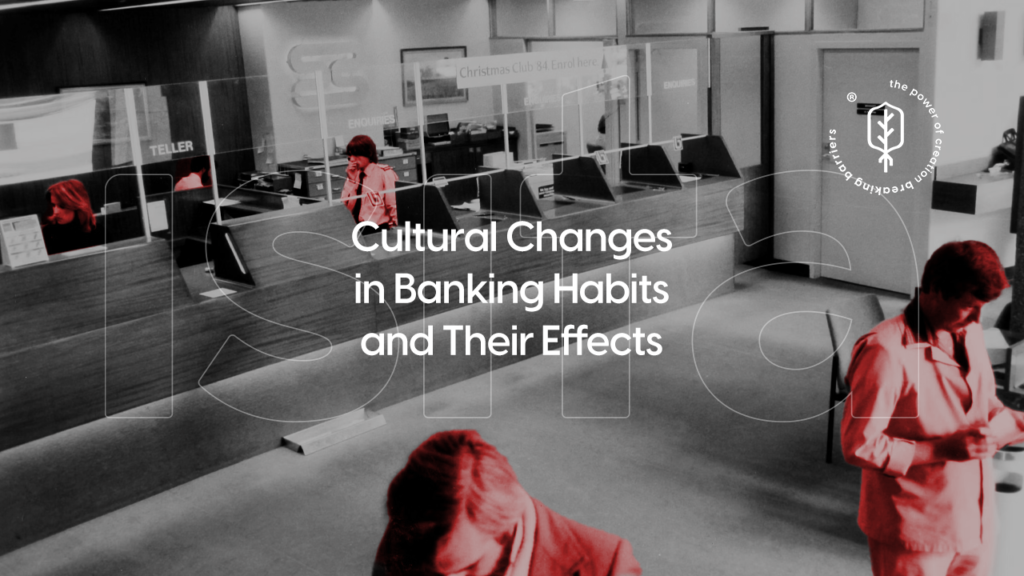In today’s rapidly evolving business landscape, staying ahead of the curve requires embracing innovative technologies.
Generative AI, a powerful branch of artificial intelligence, is emerging as a game-changer, transforming how companies operate.
By creating entirely new and realistic content – from text and music to images and videos – generative AI unlocks a vast array of possibilities for businesses of all sizes.
This article delves into the practical applications and benefits of generative AI, exploring its potential to revolutionize various aspects of business operations.
Understanding Generative AI
Generative AI differentiates itself from traditional AI by going beyond data analysis and interpretation. It leverages machine learning algorithms to learn the underlying patterns and structures within existing data. This empowers generative AI to create entirely new and original content, fostering innovation and pushing the boundaries of what’s possible.
There are several key techniques employed in generative AI, including:
- Generative Adversarial Networks (GANs): These involve two neural networks, a generator and a discriminator, pitted against each other. The generator creates new data, while the discriminator attempts to distinguish the generated data from real data. This continuous competition refines the generator’s ability to produce increasingly realistic and convincing outputs.
- Variational Autoencoders (VAEs): These models learn a compressed representation of data, allowing for efficient storage and manipulation. VAEs can then be used to generate new data points that adhere to the underlying patterns learned from the original dataset.
- Autoregressive models: This technique involves predicting the next element in a sequence based on the previous ones. This is commonly used in text generation, where the model predicts the next word in a sentence based on the preceding words.
Revolutionizing Business Operations: Key Applications of Generative AI
The potential applications of generative AI in business operations are vast and constantly evolving. Here are some key areas where generative AI is making a significant impact:
- Content Creation: Generative AI can automate content creation tasks such as writing product descriptions, generating social media posts, or creating marketing copy. This allows businesses to produce high-quality content efficiently, freeing up human resources for more strategic endeavors. Imagine Isita using generative AI to create personalized blog posts tailored to specific customer segments, saving time and effort while delivering targeted content.
- Product Design: Generative AI algorithms can analyze vast datasets of existing products to identify trends and customer preferences. This information can then be used to generate new product designs that are more likely to resonate with the target market. For instance, Isita could leverage generative AI to explore potential design variations for a new gadget, optimizing its form and function based on user data and market trends.
- Marketing and Sales: Generative AI can personalize marketing campaigns by creating targeted content and advertisements based on individual customer profiles. Additionally, chatbots powered by generative AI can engage with potential customers, answering questions and providing product recommendations 24/7. Isita could personalize its marketing emails using generative AI, crafting compelling messages that resonate with each customer’s unique needs and interests.
- Customer Service: Chatbots powered by generative AI can handle routine customer service inquiries, freeing up human agents for more complex issues. Additionally, generative AI can analyze customer feedback to identify areas for improvement and personalize the customer experience. By implementing a generative AI-powered chatbot, Isita could streamline its customer service operations, offering faster response times and improved resolution rates.
- Risk Management and Fraud Detection: Generative AI can analyze financial data to identify patterns indicative of fraud or financial risk. This allows businesses to take proactive measures to mitigate potential losses. Isita, working in the field of AI, could potentially leverage generative AI to develop advanced fraud detection systems for its clients in the financial sector.
Case Studies: Real-World Examples of Generative AI in Action
Generative AI is no longer a theoretical concept; it’s being implemented by leading companies across various industries. Here are a few compelling examples:
- Netflix: The streaming giant utilizes generative AI to create personalized thumbnails for its vast library of content. This ensures that each user sees a thumbnail that is most likely to pique their interest, leading to increased engagement.
- Ford: Ford is leveraging generative AI to optimize the design of its vehicles. By analyzing data on existing car models, generative AI suggests new design possibilities that are both aesthetically pleasing and meet engineering requirements.
- Adobe: The creative software giant employs generative AI in its Photoshop editing tools. For instance, the “Content Aware Fill” feature uses generative AI to automatically fill in areas of an image that have been removed, creating a seamless and realistic result.
Benefits of Adopting Generative AI
Integrating generative AI into your business operations can offer a multitude of benefits, including:
1. Increased Efficiency
Generative AI automates repetitive tasks, freeing up human resources to focus on higher-level activities.
This can significantly improve operational efficiency and productivity. Imagine the time saved by Isita’s marketing team if a generative AI tool could handle the creation of social media posts and product descriptions.
This would allow the team to focus on developing strategic marketing campaigns and analyzing customer data to gain deeper insights.
2. Cost Savings
By automating tasks and streamlining processes, generative AI can lead to significant cost savings.
For instance, Isita could potentially reduce its content creation costs by utilizing generative AI to generate product descriptions, blog posts, or marketing copy.
Additionally, generative AI can optimize product design and development processes, leading to reduced material waste and faster time-to-market, ultimately reducing overall production costs.
3. Enhanced Innovation
Generative AI can foster innovation by enabling businesses to explore new ideas and possibilities.
For instance, Isita could leverage generative AI to explore a wider range of design variations for a new product, going beyond traditional brainstorming methods. This can lead to the development of more creative and groundbreaking products and services.
4. Improved Decision-Making
Generative AI can analyze vast amounts of data to identify patterns and trends that might be missed by humans.
This can provide businesses with valuable insights to support more informed decision-making. Isita could utilize generative AI to analyze customer data and market trends, allowing them to make data-driven decisions regarding product development, marketing strategies, and resource allocation.
5. Personalized Customer Experience
Generative AI allows businesses to personalize the customer experience by tailoring content, recommendations, and interactions to individual needs and preferences.
Imagine Isita developing a generative AI tool that personalizes product recommendations on its e-commerce platform. This can lead to increased customer satisfaction, loyalty, and ultimately, sales growth.
6. Competitive Advantage
By embracing generative AI, businesses can gain a significant competitive advantage. The ability to automate tasks, create personalized experiences, and make data-driven decisions can help Isita stand out from the competition and attract new customers.
In addition to the benefits mentioned above, generative AI can also:
- Improve Quality and Consistency: Generative AI can ensure consistent quality in content creation and product design. Isita could leverage generative AI to maintain a consistent brand voice across all marketing materials, ensuring a professional and unified customer experience.
- Reduce Time-to-Market: By automating tasks and streamlining processes, generative AI can help businesses bring products and services to market faster. Isita could potentially utilize generative AI to accelerate the product design and development cycle, allowing them to capitalize on market opportunities more quickly.
- Expand Market Reach: Generative AI can help businesses create content in multiple languages, allowing them to reach a wider global audience. Isita could potentially leverage generative AI to translate its marketing materials and product descriptions into different languages, expanding its reach to new markets.
Overall, the benefits of adopting generative AI are far-reaching and can significantly impact various aspects of business operations. By strategically integrating generative AI into its processes, Isita can unlock a new era of efficiency, innovation, and customer-centricity.
Challenges and Considerations of Generative AI
While generative AI presents a wealth of opportunities, it’s crucial to acknowledge the challenges and considerations associated with its implementation. Here are some key points to ponder:
- Ethical Concerns: Generative AI’s ability to create realistic content raises ethical questions, particularly regarding potential misuse. For instance, AI-generated deepfakes, which are manipulated videos that can make it appear as if someone is saying or doing something they never did, pose a significant threat. Isita, as a company working with AI, should prioritize ethical considerations in its development and deployment of generative AI solutions.
- Bias and Fairness: Generative AI models are trained on existing data, which can perpetuate existing biases. If the data used to train a generative AI model is skewed towards a certain demographic, the generated content may also be biased. Isita needs to ensure that the data used to train its generative AI models is fair and representative to avoid biased outputs.
- Transparency and Explainability: Unlike traditional AI models, generative AI models can be complex and opaque, making it difficult to understand how they arrive at their outputs. This lack of transparency can raise concerns about accountability and decision-making. Isita should strive for transparency in its generative AI solutions, ensuring that users understand how the AI arrives at its outputs.
- Security Risks: Generative AI models can be vulnerable to adversarial attacks, where malicious actors attempt to manipulate the model’s output. For instance, an attacker might try to feed the model with misleading data to generate false content. Isita needs to implement robust security measures to protect its generative AI models from such attacks.
- Implementation Hurdles: Integrating generative AI into existing workflows can be challenging. Businesses may need to invest in new infrastructure and train their employees on how to use these new technologies effectively. Isita should carefully consider the implementation process to ensure a smooth transition for its employees.
The Future of Generative AI in Business
Generative AI is still in its early stages of development, but its potential to revolutionize business operations is undeniable. As the technology matures and becomes more accessible, we can expect to see even more innovative applications emerge. Here are some exciting possibilities for the future of generative AI in business:
- Personalized Customer Experiences: Generative AI will allow businesses to create hyper-personalized customer experiences tailored to individual needs and preferences. Imagine Isita developing a generative AI tool that personalizes product recommendations or customer service interactions in real-time.
- Enhanced Product Development: Generative AI will play a crucial role in accelerating product development cycles. By automating design iterations and testing, businesses can bring new products to market faster and more efficiently. Isita could leverage generative AI to explore a wider range of design possibilities in the development phase, optimizing product features based on real-time data and feedback.
- Creative Content Generation: Generative AI will empower businesses to create high-quality, engaging content across various mediums. This could include generating marketing copy, designing product packaging, or even composing music for advertisements. Isita, working in the field of AI and creativity, has the potential to be at the forefront of this exciting development.
- Automated Business Processes: Generative AI will automate a wider range of business processes, freeing up human resources for more strategic endeavors. This could include tasks such as financial reporting, risk management, and market research. Isita could potentially utilize generative AI to automate internal reports, freeing up its team to focus on developing innovative AI solutions for its clients.
In conclusion, generative AI is poised to reshape the future of business operations.



